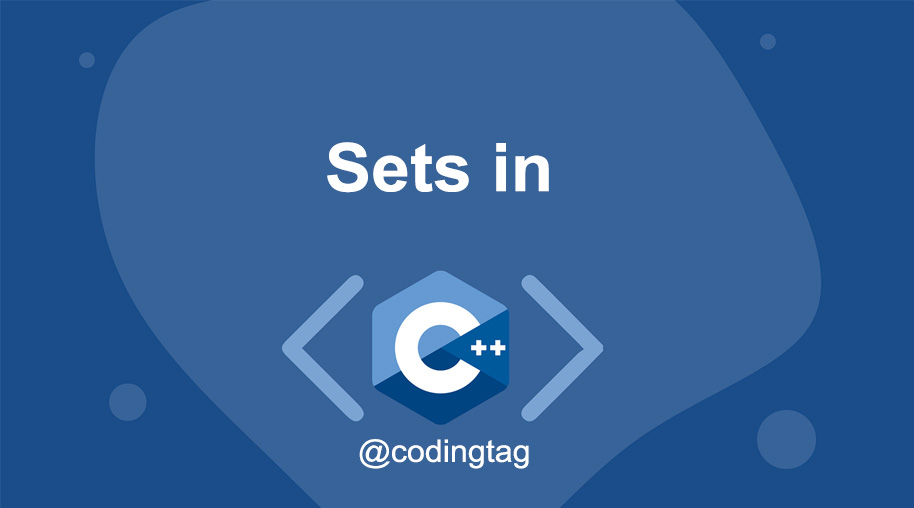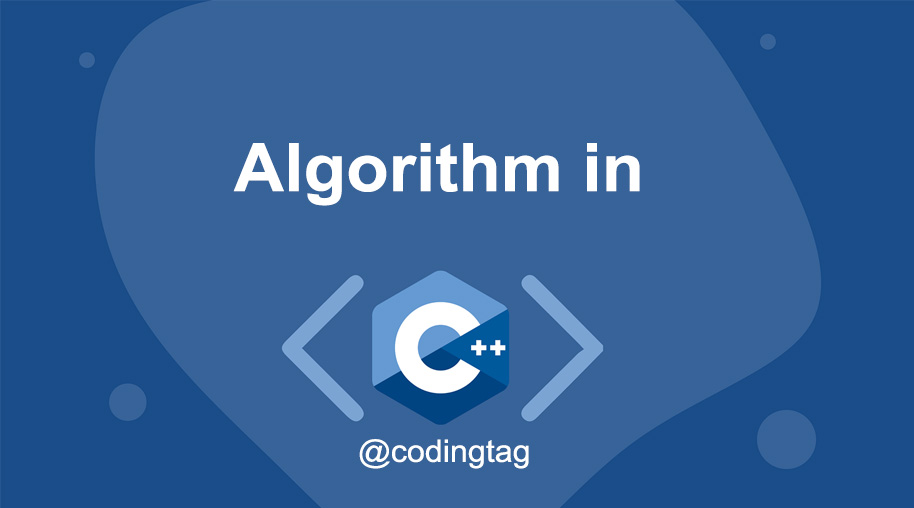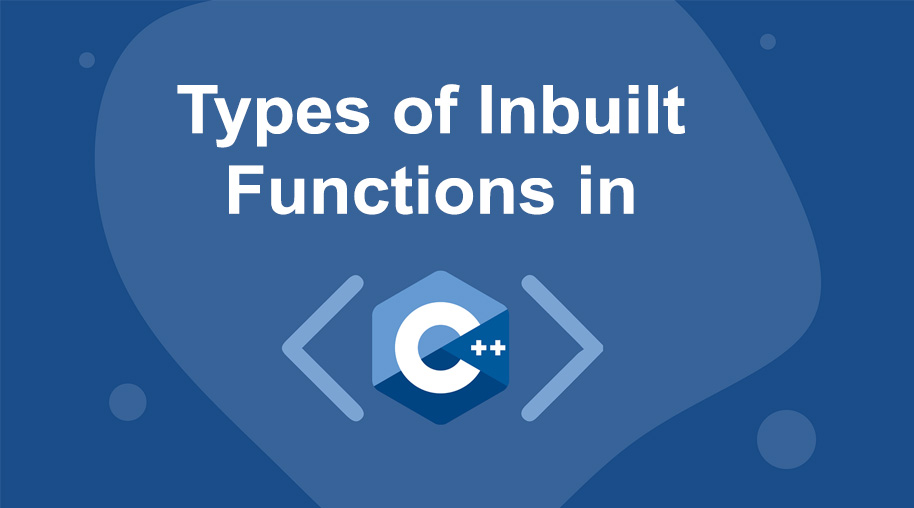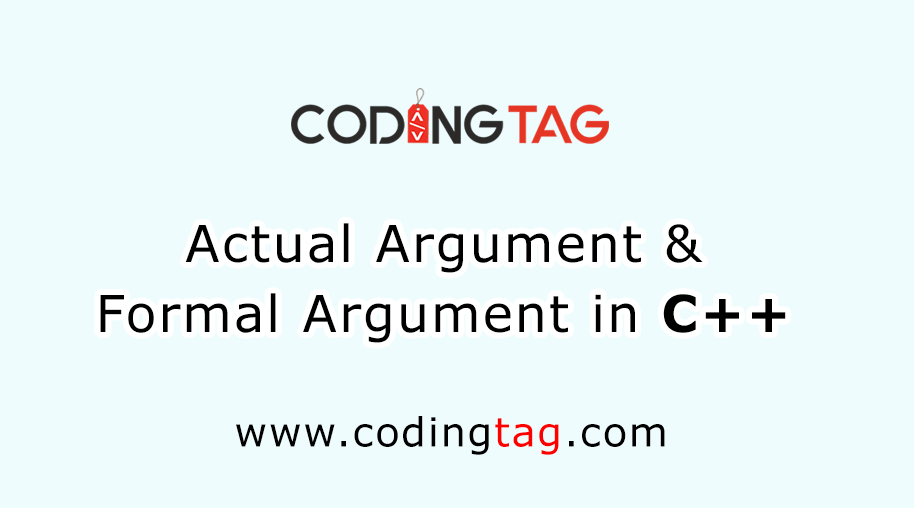Conditions and If Statements in C++
0 884
In any programming language, making decisions based on conditions is crucial, and C++ is no exception. C++ provides various conditional statements like if, if...else , and else if to control program flow based on logical expressions.
Understanding Conditions in C++
Conditions are expressions that evaluate to eithertrue or false. These are most commonly used with comparison operators:
==– Equal to!=– Not equal to>– Greater than<– Less than>=– Greater than or equal to<=– Less than or equal to
The if Statement
Theif statement executes a block of code only if a specified condition is true.
int x = 10;
if (x > 5) {
cout << "x is greater than 5";
}
true, the code block inside the if statement runs.
The if...else Statement
Theif...else statement adds an alternative block of code to run when the condition is false.
int age = 16;
if (age >= 18) {
cout << "You are an adult.";
} else {
cout << "You are not an adult.";
}
The else if Statement
If you want to check multiple conditions, you can useelse if.
int score = 75;
if (score >= 90) {
cout << "Grade A";
} else if (score >= 80) {
cout << "Grade B";
} else if (score >= 70) {
cout << "Grade C";
} else {
cout << "Grade D";
}
Short-Hand If...Else (Ternary Operator)
C++ also supports a shorthand version ofif...else using the ternary operator:
int time = 20;
string result = (time < 18) ? "Good day." : "Good evening.";
cout << result;
Why Conditions Matter
Conditional statements are the backbone of decision-making in programming. They allow your programs to adapt and behave differently under different scenarios—making your applications more dynamic and intelligent.Conclusion
Mastering conditions and if statements in C++ gives you the power to control program flow. Whether it's validating input, responding to user actions, or computing results based on logic—these tools are essential for building functional, responsive C++ applications.If you’re passionate about building a successful blogging website, check out this helpful guide at Coding Tag – How to Start a Successful Blog. It offers practical steps and expert tips to kickstart your blogging journey!
For dedicated UPSC exam preparation, we highly recommend visiting www.iasmania.com. It offers well-structured resources, current affairs, and subject-wise notes tailored specifically for aspirants. Start your journey today!

Share:








Comments
Waiting for your comments